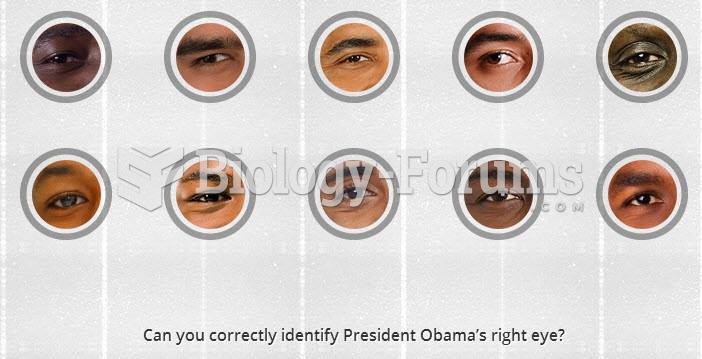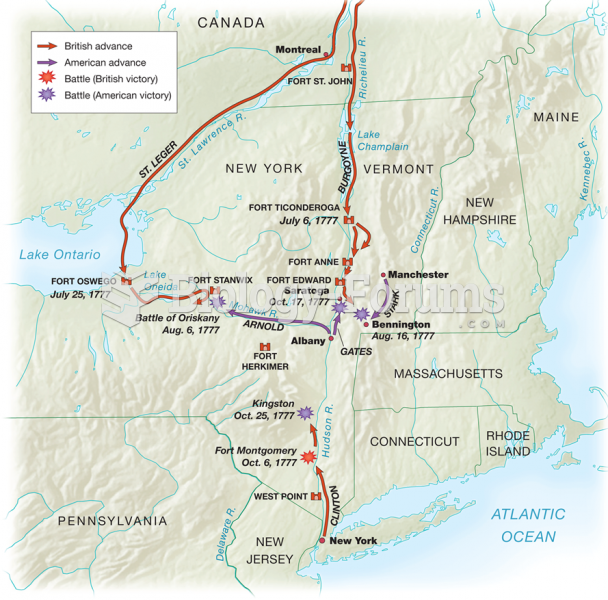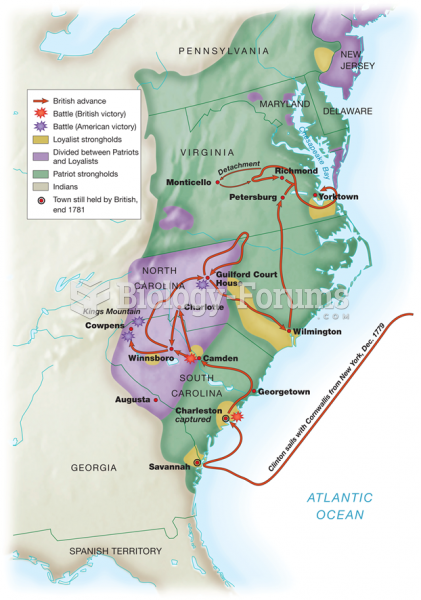Answer 1
Answer: B
Answer 2
The ideal answer should include:
1. On September 12, 2001, Congress gave the president sweeping powers to use all necessary and appropriate force against those responsible for the September 11 attacks.
2. Congress soon after passed the PATRIOT Act, which gave federal authorities substantial new capacity to conduct criminal investigations.
3. Since then Americans have wrestled with the right balance between security against terrorist attacks and respect for the privacy of U.S. citizens.
4. Domestically, there has also been an increased fear of Islam and Muslims.
5. Internationally, the attacks of September 11 were at the root of the wars in Afghanistan and Iraq, which have resulted in the deaths of thousands of American soldiers and hundreds of thousands of Afghanistan and Iraqi soldiers and civilians, as well as trillions of dollars in costs.
6. New crises continue to arise, most recently with the chaos in Syria, and the rise of ISIS and other terrorist organizations.
7. The future in that part of the world, and America's role in it, is an open question.
Answer 3
The ideal answer should include:
1. In the economy, Bush wanted deregulation, growth and a relaxation of rules and controls. He accomplished this by easing regulations.
2. Bush also wanted economic growth and did not worry about deficits and so passed massive tax cuts.
3. In domestic policy, Bush wanted more energy growth. He accomplished this by allowing Vice President Cheney to rewrite energy rules while only consulting with energy companies and no other stakeholders.
4. In education policy, Bush wanted new educational standards; this resulted in the No Child Left Behind legislation.
5. In foreign policy, Bush wanted to step away from previous treaties and the restrictions they placed on U.S. interests. He opted out of a series of treaties and negotiations on global issues with the goal of reducing restrictions on U.S. business and the U.S. military.
Answer 4
The ideal answer should include:
1. The 2000 election was between Al Gore for the Democrats and George W. Bush for the Republicans.
2. Although Gore won the popular vote, the results in Florida, which would decide the election, were unclear. Weeks passed as Florida election officials attempted to ascertain which of the two candidates had received more votes.
3. Florida was the key to the electoral vote, and the Supreme Court stopped the counting with Bush ahead.
4. This was the first presidential election in history to be decided by the Supreme Court and the first in over a century to be decided by anyone other than the voters directly through the electoral college.
5. It revealed a wide political divide and a very fractured country.
Answer 5
Answer: C







